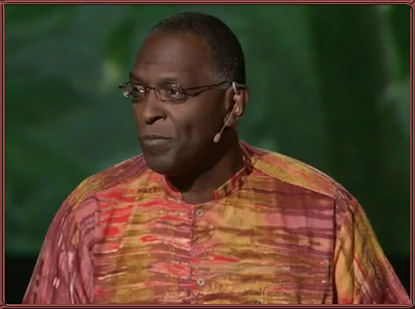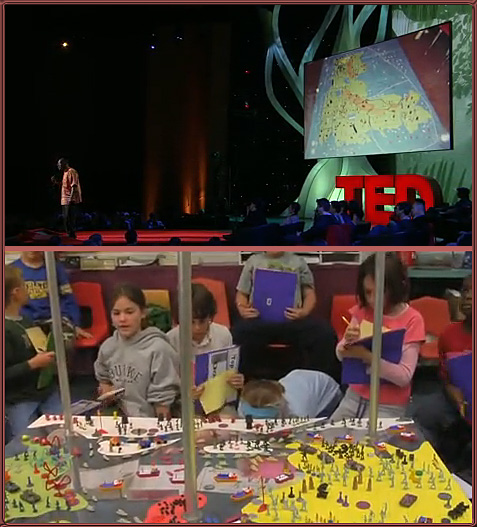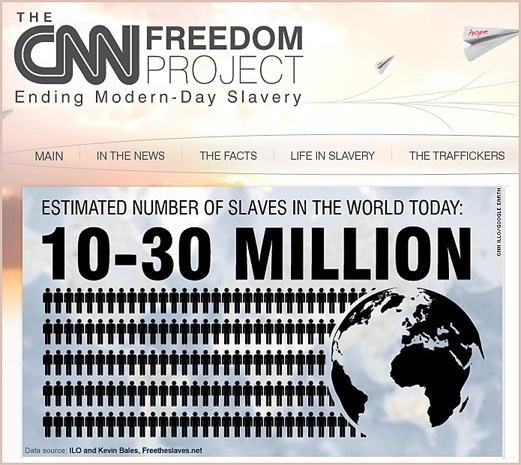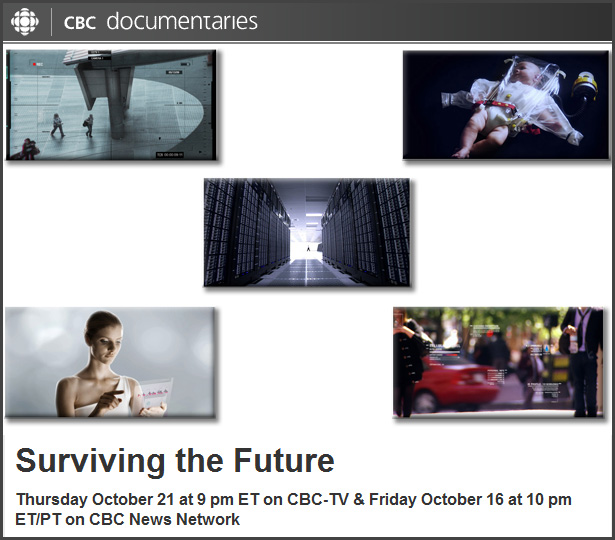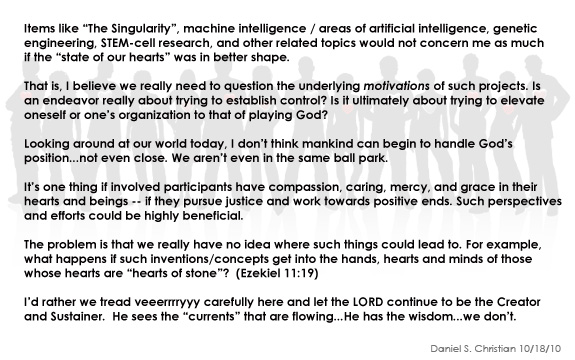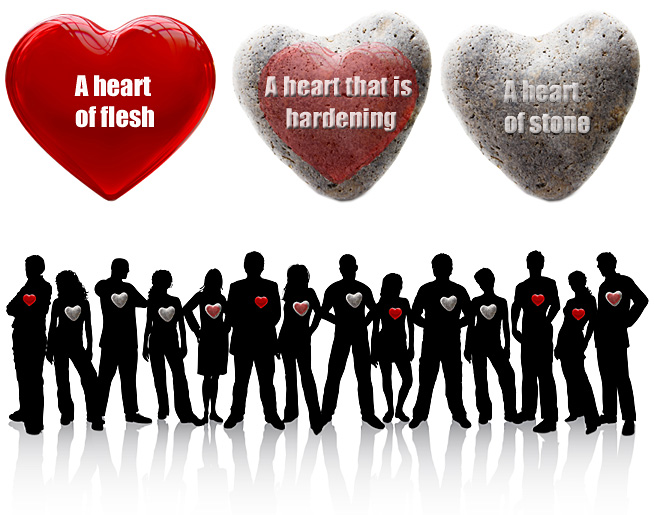If it feels right … — opinion piece from the New York Times by David Brooks
Excerpts:
During the summer of 2008, the eminent Notre Dame sociologist Christian Smith led a research team that conducted in-depth interviews with 230 young adults from across America. The interviews were part of a larger study that Smith, Kari Christoffersen, Hilary Davidson, Patricia Snell Herzog and others have been conducting on the state of America’s youth.
…
What’s disheartening is how bad they are at thinking and talking about moral issues.
…
But they just don’t have the categories or vocabulary to do so.
…
When asked to describe a moral dilemma they had faced, two-thirds of the young people either couldn’t answer the question or described problems that are not moral at all, like whether they could afford to rent a certain apartment or whether they had enough quarters to feed the meter at a parking spot.
…
“I don’t really deal with right and wrong that often,” is how one interviewee put it.
Also see:
Moralistic therapeutic deism
The authors find that many young people believed in several moral statutes not exclusive to any of the major world religions. It is this combination of beliefs that they label Moralistic Therapeutic Deism:
- A god exists who created and ordered the world and watches over human life on earth.
- God wants people to be good, nice, and fair to each other, as taught in the Bible and by most world religions.
- The central goal of life is to be happy and to feel good about oneself.
- God does not need to be particularly involved in one’s life except when God is needed to resolve a problem.
- Good people go to heaven when they die.
These points of belief were compiled from interviews with approximately 3,000 teenagers.[4]
From DSC:
But don’t worry or lose any sleep or anything…these are the people who will be out on Wall Street or in the big banks (who are too big to fail) — and they’ll be carefully watching over the nest eggs that it took you 30-40 years to build. (Yeah, right…)
Or…these are the folks who you will be trying to do business with…where will the speed of trust be then? I don’t mean to point the finger at the youth…the problem is with us adults. We model or teach — or choose not to model and teach — the youth.
Addendum on 9-15-11:
- UBS blames rogue trader for loss of $2 Billion — from NPR
- Cheating in online college classes: A virtual epidemic — from about.com










